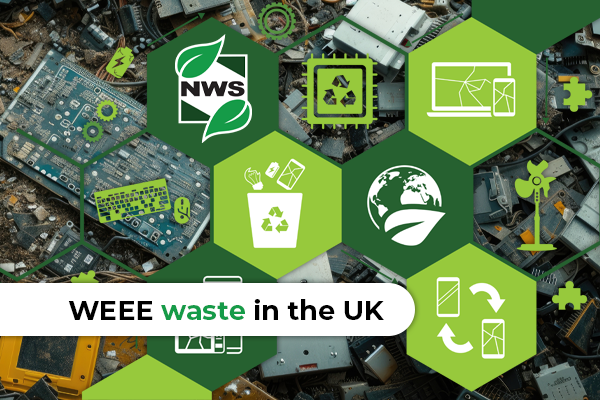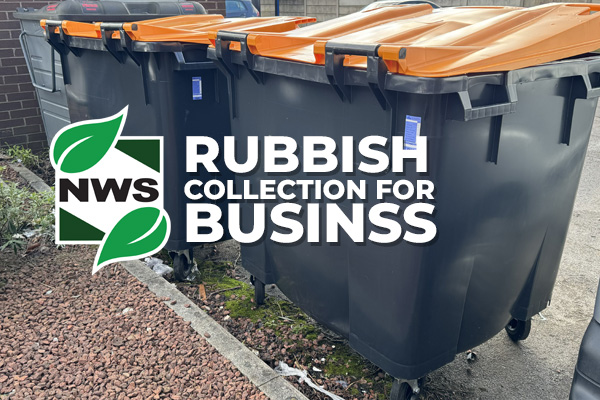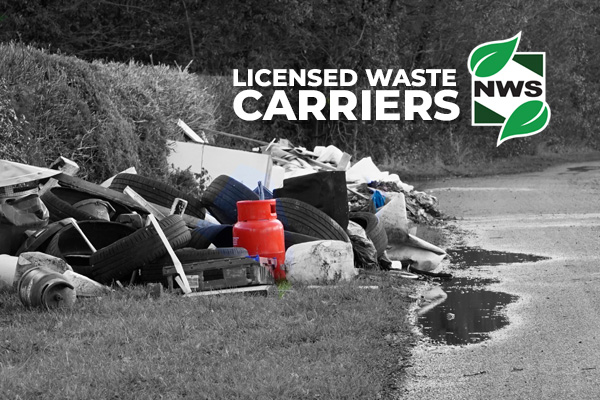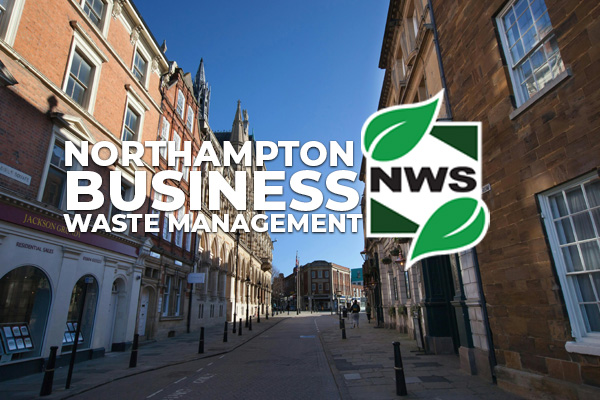Sustainability isn’t just a buzzword; it’s a fundamental aspect of sound business operations. With increasing consumer awareness and concerns about environmental impact, retailers and business owners in the UK are facing growing pressure to adopt more sustainable practices. Beyond weekly bin collections of waste, businesses have more involvement and responsibility for Best Waste Practices. One approach gaining traction is the adoption of circular economy principles, which prioritise minimising waste and maximising resource efficiency. Who doesn’t want their business to work more efficiently? In this Nationwide Waste Services piece, we explore the importance of embracing circular economy practices for your business and provide guidance on how to integrate them into operations effectively.
Understanding Circular Economy
The concept of a circular economy revolves around the idea of keeping resources in use for as long as possible, extracting the maximum value from them while in use, and then recovering and regenerating products and materials at the end of each service life. Unlike the traditional linear economy, which follows a ‘take-make-dispose’ model, a circular economy aims to close the loop, reducing waste and minimising environmental impact.
Importance of Considering Waste as Materials
One of the key principles of the circular economy is the notion of considering waste as valuable materials. For your business, this means rethinking how products are designed, manufactured, and disposed of. Instead of viewing waste as a by-product to be discarded, retailers should see it as a potential resource that can be reused, recycled, or repurposed.
Ask yourself a question the next time you purchase packaging or something that has only a few touches by your business and your customers before it becomes waste. Is this the best use of this?
By adopting this mindset, with your business you can not only reduce your environmental footprint but also unlock new opportunities for innovation and cost savings. We all want to reduce our overheads for our business and employ Best Waste Practices. For example, rather than disposing of unsold stock, retailers can explore options for repurposing or refurbishing products, or even partnering with other businesses to find alternative uses for excess stock. You only have to nip into your local supermarket to discover odd shaped vegetables at a discount to see how the world around your business is changing. How could you implement this mentality?
Reducing Packaging Use
Packaging waste is a significant concern for retailers, particularly in the fast-moving consumer goods (FMCG) sector. Excessive packaging not only contributes to environmental pollution but also adds unnecessary costs to the supply chain. To address this issue, retailers should focus on reducing packaging use wherever possible.
One approach is to embrace minimalist packaging designs that prioritize functionality and sustainability. By using less material and opting for recyclable or biodegradable alternatives, retailers can minimize waste without compromising product integrity or consumer experience. Additionally, retailers can explore innovative packaging solutions, such as reusable containers or packaging-free alternatives, to further reduce environmental impact.
Working with Customers with Best Waste Practices
Engaging customers in the transition towards a circular economy is essential for its success. People want to deal with you and your business, work with them and discover how they want to interact with your products. Retailers should educate consumers about the importance of sustainability and provide incentives for adopting more eco-friendly behaviours. This could include offering discounts for customers who bring their own reusable bags or containers, or providing information about recycling and disposal options for products and packaging.
Furthermore, retailers can involve customers in product lifecycle management by offering repair and recycling services. By extending the lifespan of products through repair and maintenance, retailers can reduce the need for new purchases and minimise waste generation. Similarly, implementing take-back schemes or buy-back programs can encourage customers to return used products for recycling or refurbishment, creating a closed-loop system that promotes resource efficiency.
Best Waste Practices for Efficient Retail Operations
Incorporating circular economy practices into retail operations requires a holistic approach that encompasses product design, supply chain management, and customer engagement. Here are some best practices to consider:

- Optimise Inventory Management: Reduce excess inventory through better forecasting and demand planning, and explore options for redistributing surplus stock to minimise waste. Implementing lean inventory practices can not only reduce costs but also improve overall efficiency and sustainability.
- Invest in Recycling Infrastructure: Establish robust recycling, Best Waste Practices and management systems within your operations to ensure that materials are properly sorted, processed, and recycled. Consider investing in onsite recycling facilities or partnering with external service providers to maximise resource recovery. This is more than just a weekly bin collection.
- Educate and Empower Employees: Train employees about the principles of the circular economy and empower them to identify opportunities for waste reduction and resource optimization in their daily tasks. Encourage a culture of sustainability throughout the organization and recognize and reward staff contributions to environmental performance.
- Measure and Monitor Progress: Implement key performance indicators (KPIs) to track progress towards circular economy goals and regularly review performance data to identify areas for improvement. Use metrics such as waste diversion rates, material recovery rates, and carbon emissions to assess the effectiveness of sustainability initiatives and inform future decision-making.
And Finally
Embracing circular economy practices is not only crucial for meeting consumer expectations and regulatory requirements but also for building resilience and competitiveness in the retail sector. By considering waste as valuable materials, reducing packaging use, and working collaboratively with suppliers and customers, retailers can create more sustainable and efficient operations that benefit both the bottom line and the planet. By integrating circular economy principles into their business models, retailers in the UK can lead the way towards a more sustainable future for the industry as a whole.










